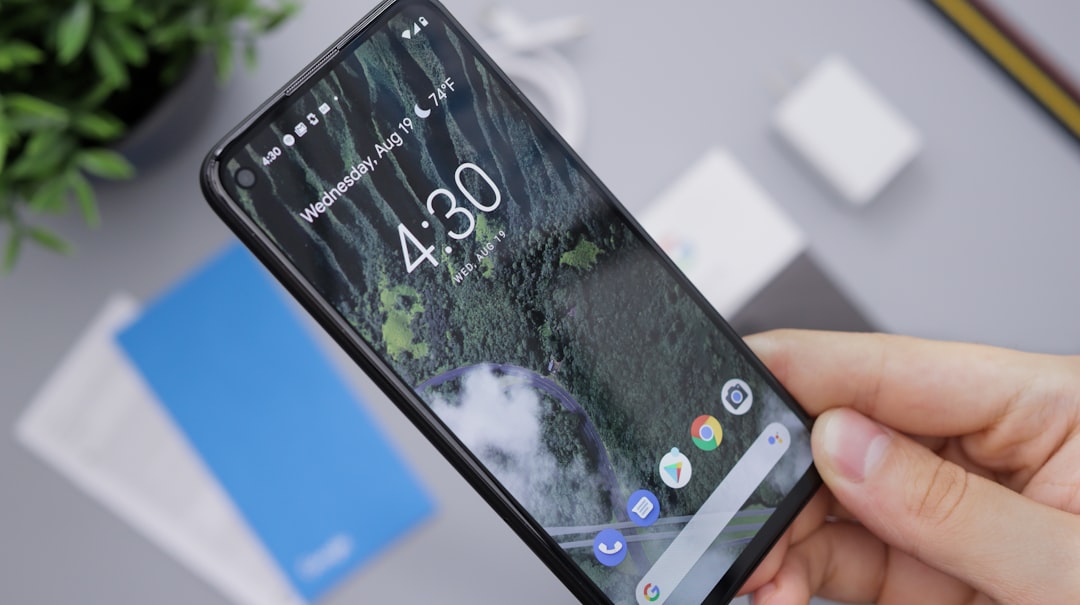Missouri's "prior express consent" laws combat spam calls by requiring explicit consumer permission for automated messages. Courts strictly enforce these rules, making spam call attorneys in Missouri crucial for navigating legal complexities and protecting privacy rights. Defending against lawsuits focuses on interpreting "prior express consent," with strategies emphasizing clear consent through communication records, voluntary initial agreements, and lack of withdrawal. Specialized attorneys guide clients through this unique legal landscape.
In the digital age, Missouri residents are increasingly targeted by unwanted spam calls, leading to legal complexities. This article explores how Missouri courts interpret “prior express consent” in such cases, a critical aspect for spam call attorneys and those seeking protection. We delve into the legal definition of express consent, strategies for defense, and the current landscape, offering insights for navigating these challenging issues. Understanding these interpretations is crucial for both plaintiffs and defendants in spam call litigation.
Understanding Prior Express Consent Law in Missouri

In Missouri, the concept of “prior express consent” is a cornerstone of laws regulating spam calls. This legal principle stipulates that phone numbers cannot be called with automated or prerecorded messages unless the recipient has given explicit permission beforehand. The term ‘prior express consent’ means exactly what it sounds like—the caller must obtain authorization from the individual whose number they are dialing before making any automated, non-emergency calls.
Missouri courts have been active in interpreting and enforcing this law, especially in the context of spam call cases. These judicial decisions provide clarity for both consumers and businesses, ensuring that callers respect privacy rights while companies can continue marketing efforts responsibly. For individuals concerned about unwanted calls, understanding these legal nuances is crucial, and seeking advice from experienced spam call attorneys Missouri is a smart step to protect one’s rights.
How Courts Define Express Consent in Spam Cases

In the context of spam call cases, “prior express consent” is a crucial element that courts consider when determining liability. Express consent refers to explicit authorization given by an individual for their phone number to be used in marketing calls or messages. Missouri courts have been clear that this consent must be voluntary and unambiguous. It’s not enough for a consumer to simply have interacted with a business in the past; they need to provide a clear indication of their willingness to receive future promotional communications, often in the form of checking a box or signing an agreement.
Spam call attorneys in Missouri play a vital role in navigating this legal landscape. They assist clients in understanding their rights and obligations regarding consent, ensuring that marketing efforts comply with state regulations. By carefully examining the methods through which consent was obtained, these attorneys help protect individuals from unwanted and potentially harassing spam calls, while also guiding businesses to maintain ethical and compliant practices.
Strategies for Defense: Navigating Missouri's Interpretation

In Missouri, the interpretation of “prior express consent” in spam call cases plays a crucial role in defending against legal action. Strategies for defense involve a nuanced understanding of this term and its application. Spam call attorneys in Missouri argue that explicit permission from consumers is necessary before making automated phone calls, emphasizing the need for clear and unambiguous consent. This includes reviewing communication records to prove that individuals have agreed to receive such calls.
Missouri courts often consider the nature and context of prior interactions between a business and consumer. Defense strategies may include demonstrating that initial consent was given voluntarily, with full disclosure of the type of communications expected, and that subsequent behavior or lack of withdrawal did not alter the original agreement. Effective defense relies on meticulous record-keeping and legal advice from spam call attorneys to navigate Missouri’s specific interpretation of this legal concept.






